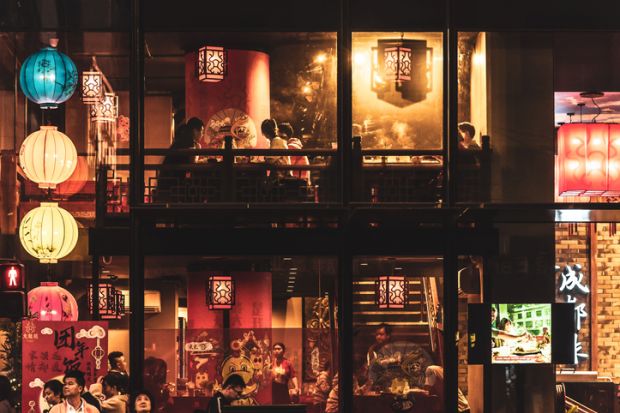Antipodean commentators say a visit by China’s education minister shows that relationships which have been stymied by Covid border closures – and, in Australia’s case, acute bilateral tensions – are getting back to normal.
Huai Jinpeng, a former university president who has headed China’s education ministry for two years, met Australia’s education and skills ministers on 14 and 15 August, before travelling to New Zealand.
Professor Huai is scheduled to meet New Zealand education minister Jan Tinetti and lodge a “courtesy call” with her predecessor – prime minister Chris Hipkins, who visited Beijing in June – as well as delivering the “Country of Honour” keynote address at the New Zealand International Education Conference in Christchurch on 18 August.
Ms Tinetti said Professor Huai would also sign an “education cooperation arrangement” between the two countries’ international education agencies. “This visit provides an opportunity for further reconnection and the fostering of people-to-people links,” she said.
Australian education minister Jason Clare said he and Professor Huai had discussed whether Beijing would consider formal endorsement of remotely taught Australian degrees. While China does not recognise foreign qualifications delivered by distance, it suspended that approach during the pandemic.
Mr Clare said the pair had also discussed twinning degrees, whereby students obtain qualifications from institutions in two countries after undertaking parts of their studies in each. While twinning arrangements are gaining popularity in India and South-east Asia, China has been critical of joint degrees.
Mr Clare said the two ministers had also resolved to commence discussions on a bilateral memorandum of understanding, after a previous pact expired in 2017. “We agreed that our two departments would look at what an MOU might look like,” he told reporters.
“We’ll cooperate with China where we can and disagree where we must. There’s a lot that we can cooperate on.”
James Laurenceson, director of the Australia-China Relations Institute at the University of Technology Sydney, said Professor Huai’s visit confirmed a “positive trajectory” in the relationship following a “complete breakdown in senior political dialogue”.
“Four years ago, [before] Covid and heightened geopolitical tensions, bilateral ministerial visits were routine,” he said. “Dialogue between Australia and China is back on and it’s back on across the board.”
Professor Laurenceson acknowledged ongoing grievances over China’s years-long detention of Australian citizens Cheng Lei and Yang Hengjun, and its continued trade sanctions against Australian wine and lobster. “I don’t want to pretend everything’s OK, because it’s obviously not.”
Angela Lehmann, head of research with The Lygon Group consultancy, said the visit followed the 10 August restoration of Australia to China’s list of approved destinations for group travel.
She said that while Australian headlines tended to focus on tariffs, the ministerial visit and group-travel decision augured well for international education. “We are now entering a new phase of the cultural and people-to-people relationship.”
Dr Lehmann said the institution previously headed by Professor Huai, Beijing’s Beihang University, had a history of engagement in international education.
Professor Laurenceson said New Zealanders would “would take some heart” in the minister’s visit less than a fortnight after they had “explicitly called China out” in their first national security strategy.
“They would see the education minister’s visit as confirmation that they can express those views as long as they do it diplomatically, [and] still have a constructive relationship with China. That’s really the point we [in Australia] want to land on as well.”
Register to continue
Why register?
- Registration is free and only takes a moment
- Once registered, you can read 3 articles a month
- Sign up for our newsletter
Subscribe
Or subscribe for unlimited access to:
- Unlimited access to news, views, insights & reviews
- Digital editions
- Digital access to THE’s university and college rankings analysis
Already registered or a current subscriber? Login








